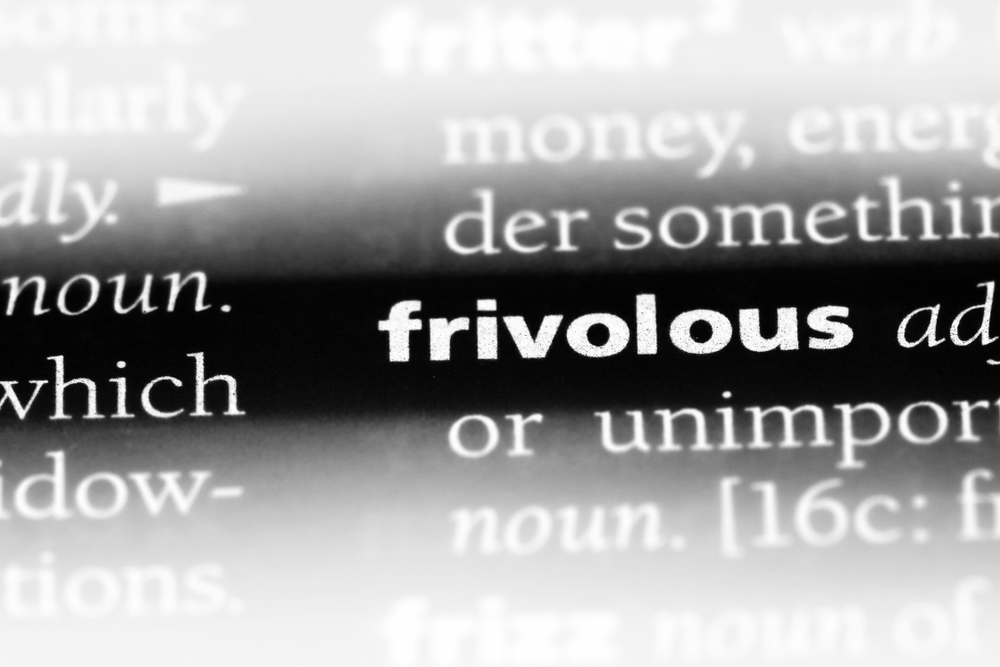57.105 Motion for Sanctions

In prior postings, I discussed Florida Statute s. 57.105, which provides a statutory basis to serve a motion to seek attorney’s fees against another party (and even their counsel) if they are pursuing frivolous (bad faith) claims, motions, or defenses, or taking action for purposes of unreasonable delay. While this is not a motion I personally like to file, the recent Third District Court of Appeal’s opinion in Lanson v. Reid, 45 Fla. L. Weekly D2479a (Fla. 3d DCA 2020), discusses two important aspects of what is commonly known as a 57.105 motion for sanctions. Any party considering this type of motion should discuss it with their counsel and consider the pros and cons, and yes, there are cons including whether this is the type of litigation strategy a party wants to employ. There are times when this motion is justifiable. There are other times when it really is not and does not provide value to the litigation strategy, particularly based on the timing and lack of substantive detail included in the motion.
The first aspect deals with the actual standard to prevail on this type of motion. It is not an easy standard by any means and the standard is best discussed by the Lanson Court as follows:
An award of fees under section 57.105 requires a determination by the court that “the party or its counsel knew or should have known that the claim or defense asserted was not supported by the facts or an application of existing law.” To award attorney’s fees under this statute, the court must make specific findings of bad faith, and should recite the facts on which it bases its conclusions in the order awarding such fees. The statute has two separate standards: a “knew or should have known” standard under section 57.105(1), that requires courts to impose sanctions for any claim or defense that the losing party knew or should have known was not supported by the facts or law necessary to sustain the claim, and an “unreasonable delay” standard under section 57.105(3), that provides for the imposition of sanctions without regard for the substantive merits of a pleading or motion, and that applies whenever the court determines that the action was primarily undertaken to cause “unreasonable delay” in the proceedings. In determining an award of fees under section 57.105, “[t]he [trial] court determines if the party or its counsel knew or should have known that the claim or defense asserted was not supported by the facts or an application of existing law.”
Lanson (internal citations omitted).
The second aspect concerns the appellate standard of review if the trial court grants this motion. If the trial court grants the motion and awards attorney’s fees, it is reviewable under an abuse of discretion standard of review, which is not an easy standard of review to prevail on in an appeal.
Please contact David Adelstein at [email protected] or (954) 361-4720 if you have questions or would like more information regarding this article. You can follow David Adelstein on Twitter @DavidAdelstein1.




